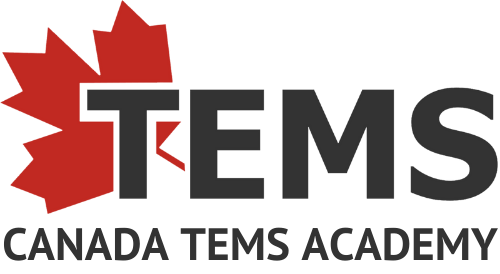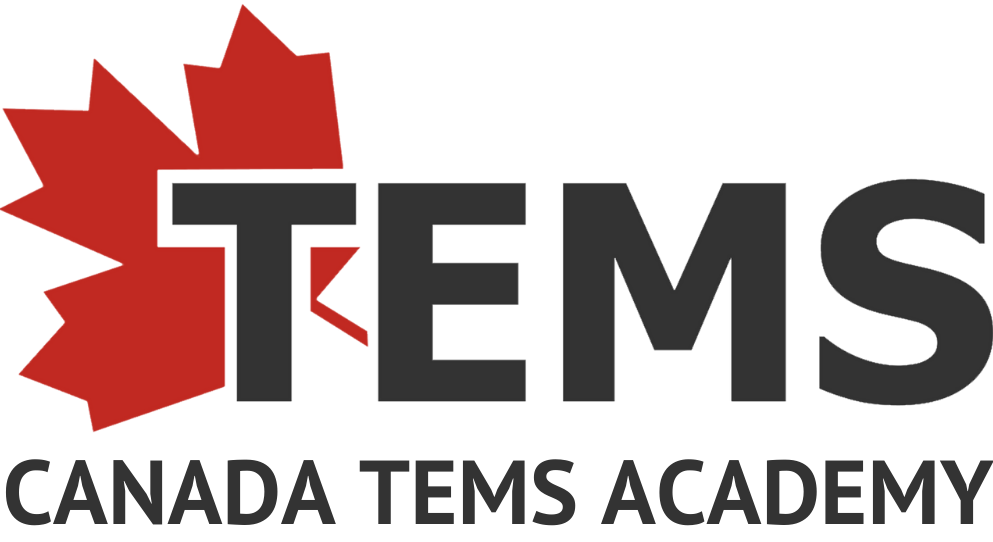The Importance of Choice in Education
As a teacher of international students, I have been privileged in helping students grow into the Ontario education system, which sometimes can be very different from the ones they have come from. One of the main differences is the idea of choice. Watch the video or continue reading below to learn more about why choice is so important in building successful students.
When it comes to education, there is nothing more valuable than having the opportunity to choose what you want to learn. This is why students in Ontario are able to choose their course selections according to their personal interests and academic pathways; indeed, choice in learning is stressed and encouraged as the best way to find a successful life path. From a teacher’s perspective, forcing students to learn all subjects, no matter if they have aptitude or passion for them or not, is counterintuitive to creating life-long learners.
Watch the video or continue reading below to learn more about the benefits of learning life skills, beyond academics, while still in high school.
Motivation
A common question from parents of high school students is: How can I motivate my student to study? It can be a difficult hurdle to face, and one that may stop a student from ever progressing to their full potential. However, giving the student some flexibility in what they study is a way to combat lacking motivation. Choice can be a powerful motivator because it gives some control and agency to the student in their academic journey. Once they are no longer forced to study subjects they are not interested in, or do not have the aptitude for, students are able to find intrinsic motivation to focus on the subjects they actually like and are interested in. Suddenly, studying and learning in general is no longer a chore but rather a purposeful exercise. Choice does this.
Lowered Stress
A Focus on the Future
Necessity of Guidance

Subscribe to our newsletter!
ESLBOI
Course Description
ESLCOI
Course Description
Prerequisite: ESL Level 2 or equivalent
ESLDOI
Course Description
Prerequisite: ESL Level 3 or equivalent
ESLEOI
Course Description
Prerequisite: ESL Level 4 or equivalent
ENG1D
Course Description
ENG2D
Course Description
Prerequisite: Gr. 9 English, Academic or Applied
ENG3C
Course Description
Prerequisite: Grade 10 English, Applied
ENG3U
Course Description
ENG4C
Course Description
ENG4U
Course Description
Prerequisite: Gr. 11 English, University Preparation
OLC4O
Course Description
Prerequisite: Eligibility requirement:
MFM1P
Course Description
MPM1D
Course Description
MFM2P
Course Description
Prerequisite: Grade 9 Mathematics, Academic or Applied
MPM2D
Course Description
MBF3C
Course Description
Prerequisite: Foundations of Mathematics, Grade 10, Applied
MCF3M
Course Description
Prerequisite: Principles of Mathematics, Grade 10, Academic, or Foundations of Mathematics,
MCR3U
Course Description
Prerequisite: Principles of Mathematics, Grade 10, Academic
MDM4U
Course Description
Prerequisite: Functions, Grade 11, University Preparation, or Functions and Applications,
MHF4U
Course Description
Prerequisite: Functions, Grade 11, University Preparation, or Mathematics for College
MCV4U
Course Description
SNC1P
Course Description
Prerequisite: None
SNC1D
Course Description
Prerequisite: None
SNC2P
Course Description
Prerequisite:Grade 9 Science, Academic or Applied
SNC2D
Course Description
Prerequisite: Grade 9 Science, Academic or Applied
SBI3C
Course Description
Prerequisite: Grade 10 Science, Academic or Applied
SBI3U
Course Description
SBI4U
Course Description
Prerequisite: Grade 11 Biology, University Preparation
SCH3U
Course Description
Prerequisite: Grade 10 Science, Academic
SPH3U
Course Description
SCH4U
Course Description
SPH4U
Course Description
Prerequisite: Grade 11 Physics, University Preparation
SES4U
Course Description
AVI1O
Course Description
CGC1P
Course Description
Prerequisite: None
CGC1D
Course Description
Prerequisite: None
CHV2O/GLC2O
Course Descriptions
This course explores rights and responsibilities associated with being an active citizen in a
GLC2O
This course teaches students how to develop and achieve personal goals for future learning,
CHC2P
Course Description
Prerequisite: None
CHC2D
Course Description
Prerequisite: None
PPZ3C
Course Description
Prerequisite: None
NAC2O
Course Description
Prerequisite: None
BBI2O
Course Description
Prerequisite: None
TFJ3C
Course Description
Prerequisite: None
LKKDU
Course Description
Prerequisite: International Languages Level2 or equivalent evaluation
ESLAOI
Course Description
Online Programs

